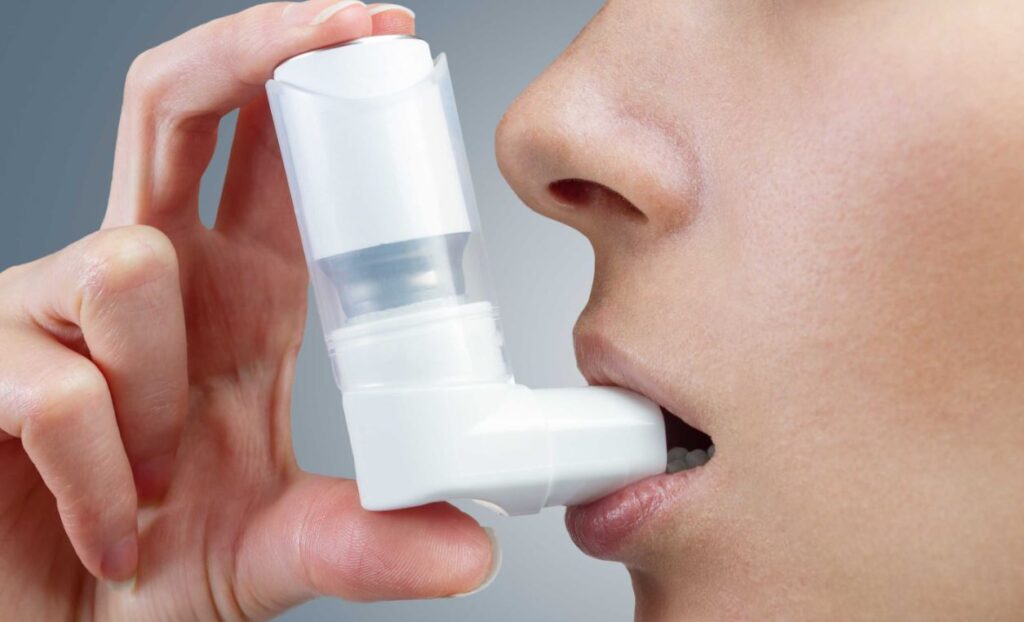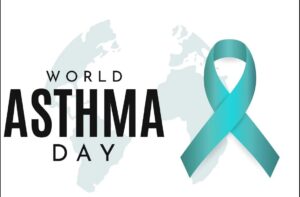World Asthma Day: Doctor Recommends Tips To Avoid Cardiac Arrest

As the world celebrated World Asthma Day, it is important to understand the difference between bronchial asthma and cardiac asthma. Often mistaken for each other, the two conditions share similar symptoms such as breathlessness, wheezing, and extreme discomfort. However, Cardiac Asthma is not Bronchial Asthma. It is a medical condition caused by congestive heart failure (CHF), a condition where the heart is unable to pump enough blood to meet the body’s needs.
When the heart is not functioning properly, fluid can build up in the lungs, causing shortness of breath, wheezing, and coughing, similar to the symptoms of bronchial asthma. However, this condition is called cardiac asthma because the symptoms are caused by the heart and not the lungs. Cardiac asthma is more common in older adults and people with a history of heart disease, and the symptoms may be more severe at night and triggered by lying flat or physical activity.
According to Dr. Kaushal Chhatrapati, an Interventional Cardiologist, when the heart muscle becomes weak, it can’t pump blood forward effectively, leading to a fall in the heart’s “ejection fraction” or contractile force. A normal Ejection Fraction is 65%, but whenever it falls to 40% or less, heart failure ensues. The blood that is not pumped by the heart pools in the lungs, which leaks into the minute air sacs where respiration occurs, hampering gas exchange, and causing the oxygen level in the blood to fall. Patients with cardiac asthma experience coughing, difficulty in breathing, and wheezing.
It is crucial to differentiate between bronchial asthma and cardiac asthma. A history of allergy and a tendency to have asthma attacks from a young age favor a diagnosis of bronchial asthma, whereas cardiac asthma is characterized by a history of heart disease, blood pressure, and/or diabetes. Pink frothy sputum indicates cardiac asthma, while bronchial asthma patients may bring out sticky, viscid sputum. Rapid and dramatic responses to inhalers or nebulization of asthma medications favor bronchial asthma, while cardiac asthma generally does not respond to bronchodilators alone.
Diuretics, which produce urine intravenously, quickly relieve the symptoms of cardiac asthma. Bronchial asthma can only be diagnosed with certainty with a medical history and pulmonary function tests. In cardiac asthma, an ECG may reveal information about underlying heart disease. The only test that can truly diagnose cardiac asthma, along with some blood tests, is 2D echocardiography.
To prevent cardiac asthma, Dr. Kaushal Chhatrapati recommends taking medicines for high blood pressure, diabetes, and heart diseases regularly. If a patient has low EF, they should limit salt and water intake as per their doctor’s advice. Both cardiac and bronchial asthma are triggered by lung infections. Therefore, both patients should take seasonal influenza and pneumococcal vaccines.
Cardiovascular asthma is a serious condition. However, many patients can lead healthy, productive lives if they receive the right care. In order to treat cardiac asthma, the underlying heart problem must be managed with medication, dietary adjustments, and even surgery. Diuretics can also be used to treat symptoms and lessen fluid retention in the lungs. Anyone experiencing cardiac asthma symptoms must see a doctor as soon as they can in order to receive the proper care.
